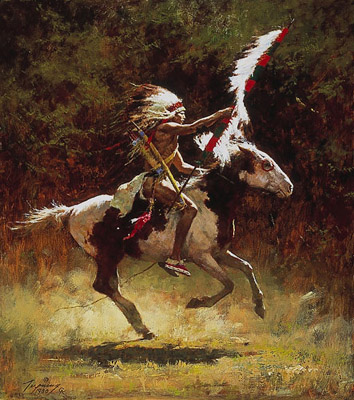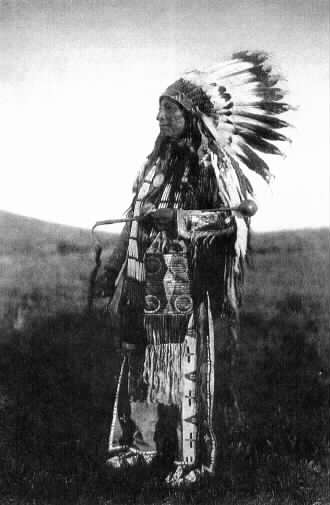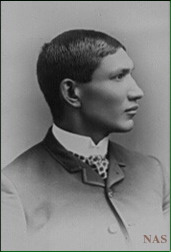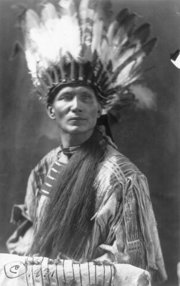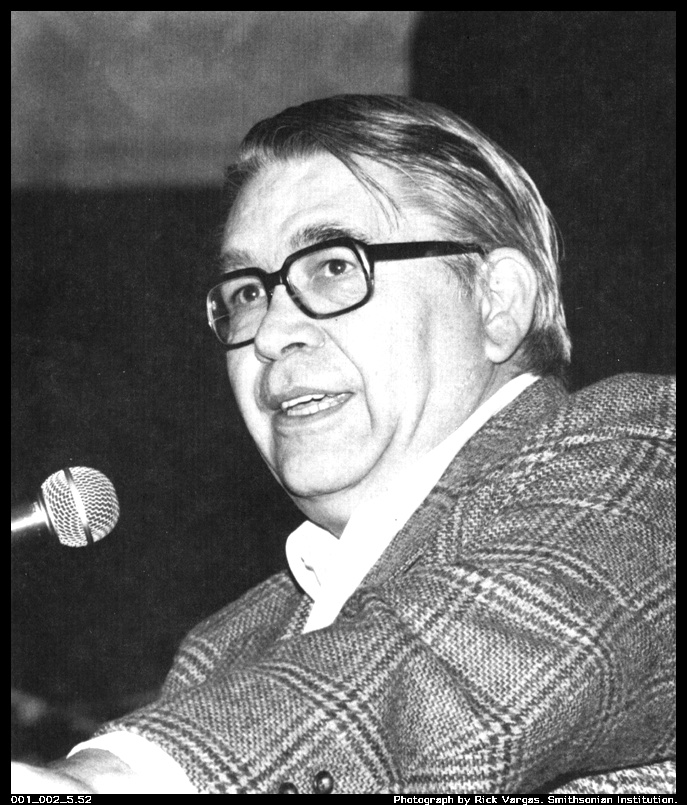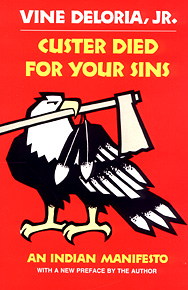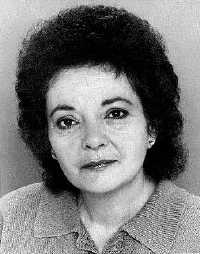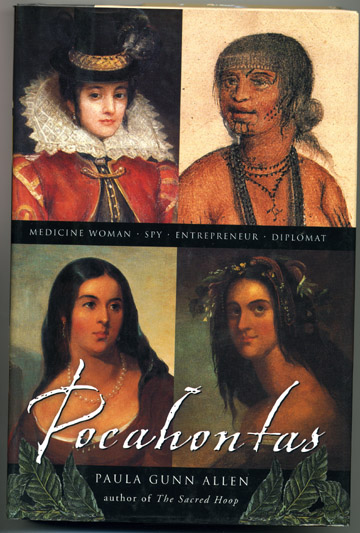LITR 5731 Seminar in Multicultural Literature
American
Minority Literature

Lecture Notes
Midterms are all read but not reviewed and graded.
LITR seminars = consortiums of individuals, hard to generalize
some familiar problems with writing advanced scholarship, but also some impressive surprises of sophistication, subtlety
Look for individual email sometime Sunday
What you'll see in email:
midterm grade + responses to web review, essay
Instructor's note emphasizes writing, how to accomplish better what you're attempting.
No internal marks--in a few cases I corrected surface errors on web post (indicated in notes)
How to respond?
Most students don't, but usually a good sign if you do.
grad student / prof relation: professor still has grading power, etc., but more like a dialogue between professional equals
It's good to talk b/c that's how professions work
Transition from undergrad to grad
undergrads minimalize contact with prof, 2 distinct orders of being
graduate students are declaring a professional interest; after your BA, we're all grownups.
Part of graduate instruction is to confer, but at this level it's all worked out individually.
Reply to email, or
in-person conference, or phone conversation.
Or if you don't care to talk with me, find the professor you do want to talk to.
Research proposals: received reply w/ email acknowledging receipt of midterm
Welcome to confer with me re research
but also consult reference librarians at UHCL Neumann library
Casey Roberson
MLA = Modern Language Association, largest organization of literary and language scholars
standard bibliography for seeking secondary criticism of literary texts
![]()
Literature comprehensive exams fall 2012-13
(for MA LITR students completing the coursework-comprehensive CPS this semester
Friday November 2 Ė Sunday November 4
Friday November 30 Ė Sunday December 2
![]()
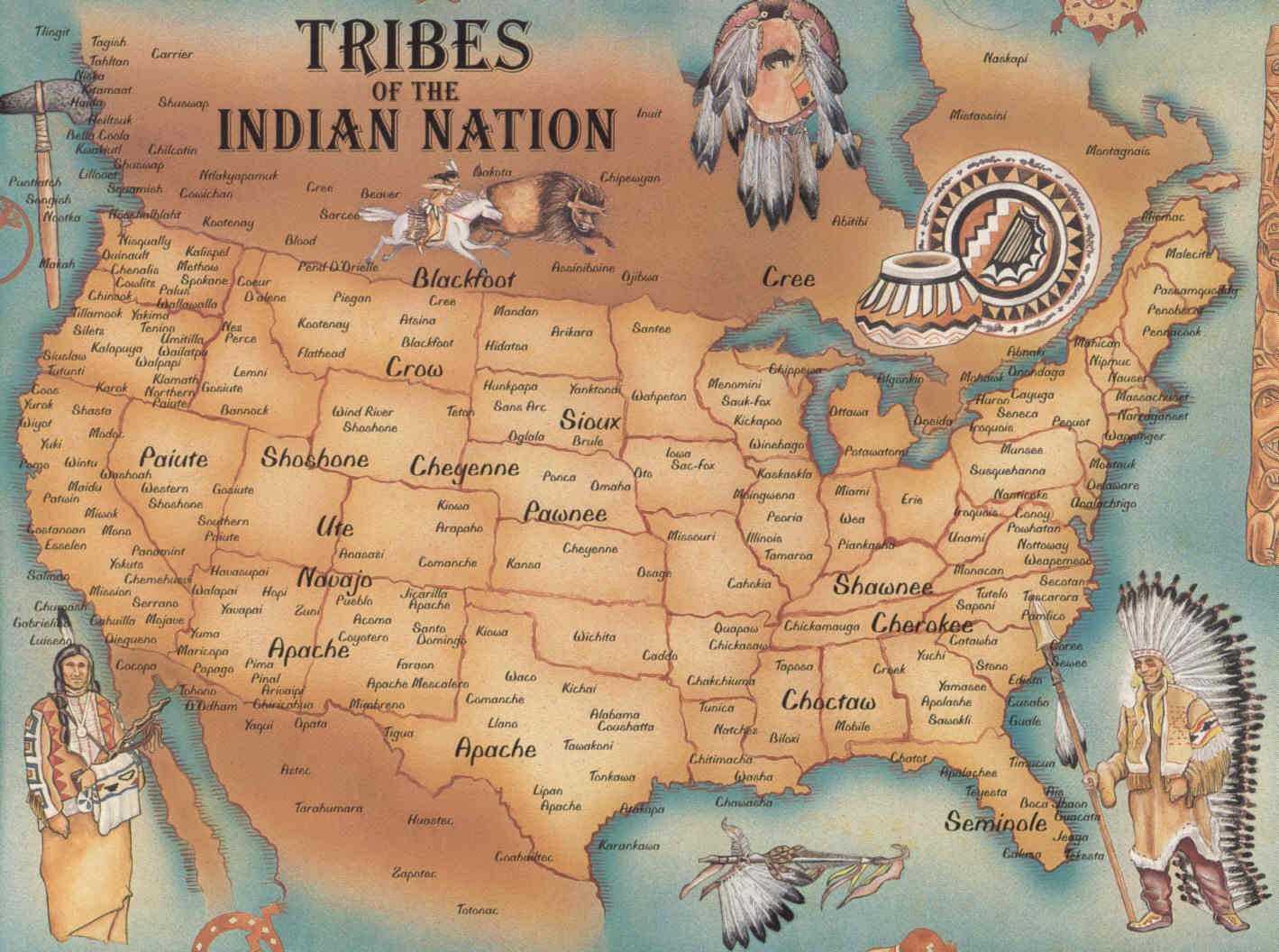
What to learn about American Indians: 1. You never stop learning
Indians not monolithic group
300 different cultures / groups
mostly grouped by languages > dialects
What to call? What name?
Compare to African Americans, blacks, negroes, colored people, etc.
Naming as essential and evolving indicator of status
"American Indians" and "Native Americans" both have problems
"Indians" based on Columbus's mistaken assumption he had reached India.
"Native Americans" can also be used in reference to any American who is born in the United States.
I use the terms interchangeably, and Indians grant some acceptance of these names as terms of convenience.
Occasional pan-Indian names: "American Aborigines" > "First Peoples"
simple but difficult answer: call by Tribe names:
but so many!
Cheyenne, Cherokee, Powhatan, Lumbee, Wampanoag, Nipmuc, Hopi, Navajo, Zuni, Apache, Comanche, Pequot, Delaware / Lenape, Chinook . . . .
Are these even the right names? Often names from enemies or mistranslations.
Massachusett
need to overcome two contending and equally dehumanizing images from past:
early North America: Indians = terrorists
Romantic era (late 1700s, early 1800s) = noble savage (Last of the Mohicans, Dances with Wolves)
2nd is kinder, but maybe as dehumanizing as first
Both images have negative implications for dominant culture
American Indian identity elusive b/c essentially so
different
"American Indian" doesn't mean one ethnic culture but many; however, some "pan-Indian" qualities . . .
spoken culture X written culture of dominant culture (compared to African American minority literature, American Indian literature is slower to emerge in print; native languages persist longer than African languages)
traditional, past-modeled culture X modern or revolutionary, future-modeled culture
identification with place, land X time, history, immigration
world or nature in perpetual creation X Biblical Creation
as finished, completed, final (though evolution differs)
implications of last: Anglos idolize or fantasize Indians who might
have been long ago, but ignore Indians of today. (Houston has 4th largest urban
population of census-identified American Indians, but who knew?)
Indians respect the past but don't expect to stay there.
The Sioux Peoples
Black Elk an Oglala Sioux
Sioux among most important Indian peoples in American imagination, history, and literature
Language group widespread in northwest, encountered at various stops by Lewis and Clark Expedition
Sioux subdivided to local groups: Yankton, Oglala, Miniconjou, Brule, Wapehton, others
Sioux represent Indians for dominant culture's visual Imagination--esp. feathered bonnets, horseback riders:
|
|
|
Great Sioux leaders include Sitting Bull, Red Cloud, and Crazy Horse.
Their outstanding literary figures include
Black Elk
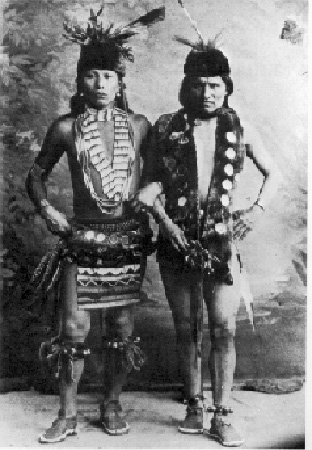
Zitkala-Sa (Gertrude Bonnin)
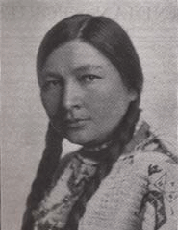
Dr. Charles Eastman (1858-1939), Santee Sioux
|
|
|
Vine Deloria Jr. (1933-2005), Yankton Dakota
|
|
|
Paula Gunn Allen (1939-2008) Sioux + Laguna, Scottish, Lebanese
|
|
|
![]()
Reading Notes
John G. Neihardt,
Black Elk
Speaks (1932)
Deloria
Xi our species
Progress, assembly line
Xii overly romantic but simplistic dominated
Xiii new sacred hoop
Xiv theological canon
Devoid of trail-court paradigm
ō
sacrifice
it is enough
Preface
Xv holy man, priest (cf. Sandy
Xvi knowledge = sacred
Xvi certainly supernormal
Xvii Sioux; no English
Xviii "You were sent to save it"
I
1 x-only story of my life > all life
3 [mother earth]
5 star nations
5 may not have happened but true
6 Mother Earth
6 a relative I am . . . . to all that is
II
7 b. (1863) x traditional time)
8 Wasichus without number; they are many
9 yellow metal worship, crazy
9 relatives: 2 & 4 legs
little islands
dreamed what was to be
12 arrows > bullets; contrast 16 new guns
14 dragonfly totem
18 treaty x voices
III
20 not a story
iron road x bison herd
[decline]
22 [vision separation]
clouds > mountains
25 cloud > tepee
25 old men: powers of world
27-28 [transforming]
28 circles
29 crossed 2 roads
30 growing backwards into youth
myself with years
36 [generations back]
+ baby faces
37 myself a spotted eagle
39 bison > another strength
44 rainbow / tepee
46 tepee > mountain
IV
48 sick for 12 days
48 afraid to tell
50 12 days (again)
55 because the bison was sacred and gave us both food and
shelter
56 order, obey; great honor for young men
60 endurance x women
V
61 Crazy Horse nothing to do with Wasichus
62 bison > sled
63 Wasichus looked sick
63 chopped flagpole down (cf. Totem) [resistance?]
64-65 offerings
VI High Horse's Courting
VII Wasichus in the Hills
79 yellow metal: Wasichus crazy x not good for anything
79 a voice that went everywhere
83 Crazy Horse fight x safe with Wasichus
84 seemed greater than before; sacred power (x-Crows)
85 the real world that
is behind this one
87 a queer man
91 They only wanted to be let alone
VIII The Fight with Three Stars
92 have to fight from then on . . . to keep our country
96 when the growing power of the world is strongest
97-98 daughters the mothers of great men
100 Crows with the soldiers
104 [pillaging graves; cf. 131]
104 black Wasichu
IX The Rubbing Out of Long Hair
105 let alone, our country
108 hairy chin cf. Bear
115 red bird totem
121 "The Earth is all that lasts!"
X Walking the Black Road
131 [desecration of holy place; cf. 104]
135 sell their Mother Earth
138 before he went
over to the Wasichus, fat with Wasichu food
139 Crazy Horse would not fight again
XI
The Killing of Crazy Horse
140 Spotted Tail chief b/c would do what Wasichus wanted
141 Crazy Horse would not make himself into a Wasichu
144 not tell where body
XII Grandmotherís Land
146 Wasichus told us we must move
going to pen us up in little islands and make us be like
Wasichus
146 not ready for the winter
148 [hears warning voice] showed that my power was growing
150 liked cousin, didnít feel like crying, hard work
XIII
156 started for our own country where we used to be happy
161 Black Road: Nephew . . . You must do what the bay horse
in your vision wanted you to do. You must do your duty and perform this vision
for your people upon earth
180 wish and wish my vision could have been given to a man
more worthy
182 nobody there but the old man and myself and the sky and
the earth. But the place was full of people; for the spirits were there
183 thought of the days when my relatives, now dead, were
living and young, and of Crazy Horse who was our strength and would never come
back to help us any more
188 heyoka ceremony, everything backwards
194 no power in a square; everything the Indian does is in a
circle; cf power of the world
196 look at our boys and see how it is with us
213 last of bison herds slaughtered by Wasichus
men who did this were crazy
214 sacred hoop broken and scattered
214-15 learn some secret of the Wasichu that would help my
people somehow
215 traveling the black road, everybody for himself and with
little rules of his own, as in my vision
216 very big town > much bigger town; compare my peopleís
ways with Wasichus, made me sadder than before
217 could see that the Wasichus did
not care for each other the way our people did before the nationís hoop was
broken. They would take everything from each other if they could, some who had
more of everything than they could use, while crowds had nothing at all and
maybe were starving.
They had forgotten that the earth was their mother.
217 prisonerís house on island: animals in a cage; cf. People
penned up in islands
220 throwing away part of the power of my people
220 Grandmother England
222 if she had been our grandmother, better for our people
230 another treaty to take away half land left
231 away from home, my power was gone
[place; cf. Josiah 75 + 36]
232 save the Indian people and make the Wasichus disappear
and bring back all the bison and the people who were dead and how there would be
a new earth
233 Jack Wilson,
Wovoka
233 ghost dance; if
they did this, they could get on this other world
234 Everything good seemed to be
going away
[loss]
235 people said it was really the son of the Great Spriti who
was out there; that when he came to the Wasichus a long time ago, they had
killed him; but he was coming to the Indians this time
240-1 maybe this land of my vision was where all my people
were going, and there they would live and prosper where no Wasichus were or
could ever be
245 cf. Jesus; arms
spread wide; not a Wasichu and not an Indian
249-50 great mistake,
followed lesser visions
